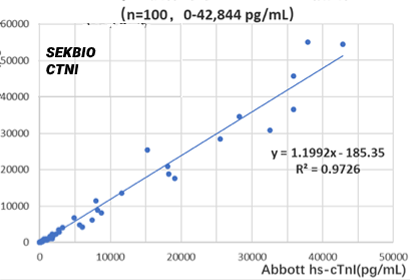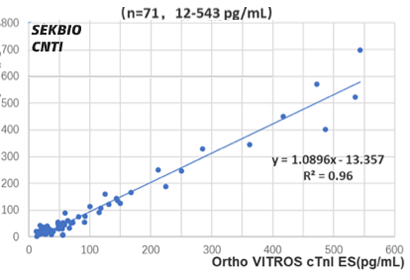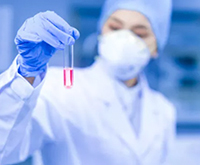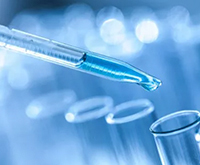Cardiac Troponin I (cTnI)
Cardiac troponin I, often denoted as cTnI, is presented in cardiac muscle tissue by a single isoform with a molecular weight of 23.9 kDa. Cardiac troponin I protein consists of 209 amino acid residues. The theoretical pI of cTnI is 9.05. cTnI is more sensitive and specific in diagnosing myocardial infarction. Phosphorylation of cTnI changes the conformation of the protein and modifies its interaction with other troponins and the interaction with anti-TnI antibodies. These changes alter the myofilament response to calcium and are of interest in targeting heart failure. Multiple reaction monitoring of human cTnI has revealed 14 phosphorylation sites, and the pattern of phosphorylation observed in these sites changed in response to disease. Measuring cardiac biomarkers can be a step toward making a diagnosis for a condition. Whereas cardiac imaging often confirms a diagnosis, more straightforward and less expensive cardiac markers test can advise a physician whether more complicated or invasive procedures are warranted. In many cases, medical societies recommend doctors to make biomarker measurements an initial testing strategy, especially for patients at low risk of cardiac death.
Cardiac troponin I (cTnI) products
| Antibody | Application |
| Mouse anti-human cTnI mAb | For immunodiagnostic: ELISA, LFA, CLIA |
| Humanized anti-human cTnI mAb | |
| Recombinant anti-human human cTnI mAb |
| Antigen | Application |
| Recombinant human cardiac troponin IC complex I (cTnI-C-I) | For immunodiagnostic: ELISA, LFA, CLIA |
| Recombinant human cardiac troponin IC complex II (cTnI-C-II) |
Troponin Protein
Troponin (Tn) is a regulatory protein of muscle tissue contraction. It is located on the thin filaments of contractile proteins and plays an essential role in regulating muscle contraction and relaxation. Troponin protein contains three subtypes: fast response type and slow response type, and cardiac troponin (cTn). The first two are related to skeletal muscle. At the same time, cardiac troponin exists only in cardiomyocytes and is composed of three subunits: troponin T (cTnT), troponin I (cTnI), and troponin C (cTnC). composed of complexes. cTnT and cTnI are specific antigens of cardiomyocytes. The molecular weight of cTnI is about 23.88 KDa, which is degraded from myocardial fibers when cardiomyocytes are injured. The increase in serum cTn reflects myocardial cell damage, and its specificity and sensitivity are higher than those of the previously used myocardial enzyme spectrum.
Troponin Antibody
The presence of cTnI-specific autoantibodies in some patients' blood makes detecting the antigen very difficult.
More and more scientists at home and abroad have studied troponin autoantibodies in recent years. Different studies have shown that the detection rate of troponin autoantibodies in people without underlying cardiac diseases is about 5%. In comparison, the detection rate of troponin autoantibodies at initial diagnosis in patients with cardiac diseases (including myocarditis myocardial infarction) is between 9-16%. It reaches more than 21% in the follow-up process or patients with reinfarction. And the detection rate of cTnI autoantibodies is further improved, and the concentration of cTnI autoantibodies is significantly increased. The most probable cause of this phenomenon is the sudden myocardial infarction of the patient, which substantially increases the cTnI released into the blood circulation, stimulates the immune system to produce a robust immune memory response, and causes a significant increase in the level and affinity of cTnI autoantibodies.




















